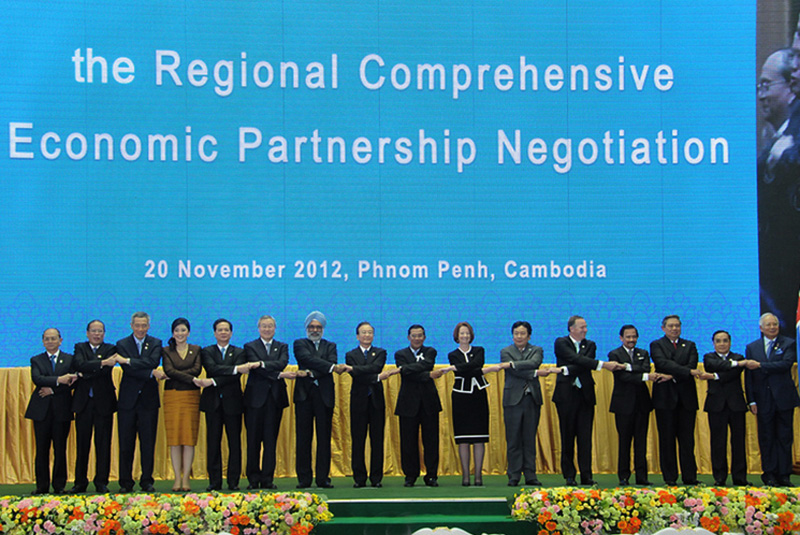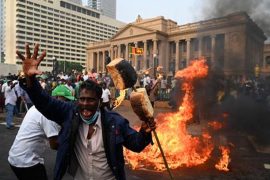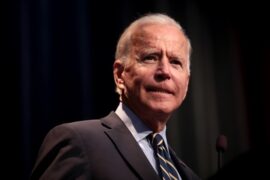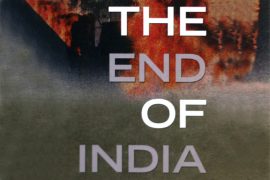The Regional Comprehensive Economic Partnership (RCEP), signed on November 15, 2020, in a virtual summit, must have helped the negotiators breathe a sigh of relief. Launched in 2012, in Phnom Penh, the capital of Cambodia, the RCEP took eight years to be formalised.
India was present at the launch, but absent from the conclusion; it’s like having a show of Hamlet without the Prince of Denmark. India, which remained a part of the negotiations for seven years, progressively found that its interests were not being met.
In 2012, when the negotiations started, India had similar doubts. However, due to strategic considerations, India decided to associate with the RCEP. Moreover, India’s Look East Policy—called the Act East policy since 2014—would have looked pale without being a part of economic negotiations in the region.
This strategic decision was to be matched with appropriate negotiations, in pursuit of its interests, like every other participating country. Many countries had narrow agendas, but they stuck to them till the end and got whatever they wanted.
-30-
Copyright©Madras Courier, All Rights Reserved. You may share using our article tools. Please don't cut articles from madrascourier.com and redistribute by email, post to the web, mobile phone or social media.Please send in your feed back and comments to [email protected]











